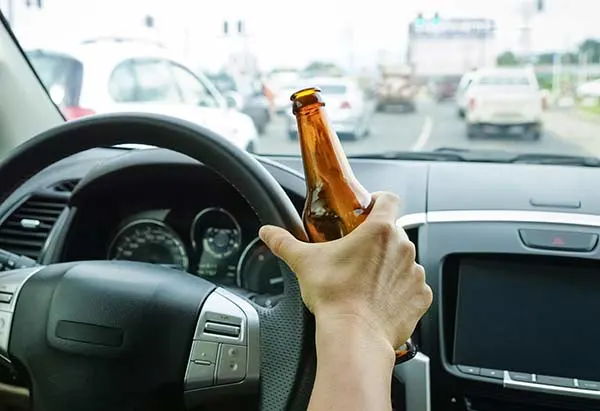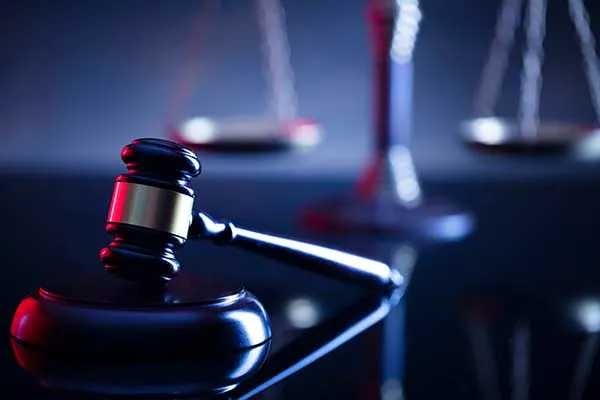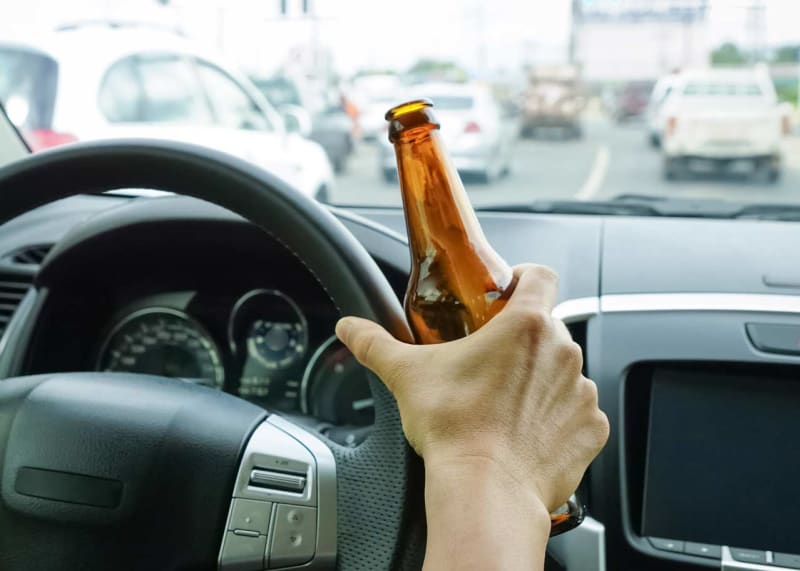People make mistakes every single day, whether they’re small mistakes like leaving their wallet at home, or bigger mistakes like forgetting to turn off your stove. Some even more serious mistakes, like driving your vehicle while inebriated, come with a steep consequences and a heavy price to pay.
Almost 1.5 million people make the mistake of drinking drunk each year. Almost 4000 of those mistakes are made in the Chicago area. Even for your 1st offense, the average DUI costs Illinois residents almost $16,000 in fines, restitution, increases to their insurance rates, and penalties. The prices and consequences raise as you hit your 2nd offense, or 3rd. Many people often wonder about court after a DUI and what that process entails.
Whether you’re on your 1st, 2nd, or 3rd offense, the experienced Rolling Meadows DUI attorneys at Dohman Law Group have the knowledge to fight for you to get the best possible outcome in your DUI case.
What are the consequences of a DUI
DUIs (driving under the influence of alcohol) are serious criminal charges, and even your 1st DUI offense comes with steep consequences. In the state of Illinois, a first time DUI offense is a Class A misdemeanor, and potential jail time of up to 1 year, and fines up to $2500. While these are the max sentencing, your actual sentencing can range anywhere from $500 and up, and probation or community service rather than jail time. Persons who plead guilty in court can also be placed under court supervision, though this court ordered supervision is a once in a lifetime chance, and if you’ve already opted for this in the past, you will not be able to participate in court supervision again.
Your first offense can even be charged as an Aggravated DUI, which is a felony. This can happen if you injured someone while driving under the influence, there were children in the car, or drugs or illegal weapons were found in your vehicle during a search by police officers.
Learn More: How To Beat A DUI In Illinois
Your license will also be suspended for 1 year after your first DUI offense. There are programs, that involve paying for and having a BAIID (breath alcohol ignition interlock device) installed in your car and applying for a special license that can allow you to drive again during that year, but this option is expensive and comes with monthly fees.
I’ve been pulled over, what now?
Your defense starts the moment you are pulled over by a police officer for a DUI. It is imperative that you remain calm, listen to all lawful orders by the officer who pulled you over, pay attention to your surroundings, remember as much as you can, and avoid making your situation worse. Your first step should always be to deny that you are drinking when asked. If you admit to drinking, then you will be facing DUI charges, no matter if you try to take back your confession later.

Everything you say and do will be used against you and included in your DUI police report, and will be recorded by the police car’s cameras and the officers body camera, with the exception of certain things that are legally not allowed to be used against you. One of those special cases applies to refusing field sobriety tests and/or Breathalyzers. You are not required to submit to any field sobriety tests, or to a Breathalyzer tests in the state of Illinois, and you should not. These tests can often be faulty, even when used completely correctly, and can cause huge problems in your defense strategy.
Refusing to participate in blood, urine, or breath tests will get your license suspended, and you will be arrested, but these two consequences were going to happen regardless of your refusal, and you have stopped them from gathering additional evidence against you. You will most likely have to submit to chemical testing later on, after your arrest and after you’ve spoken to your defense lawyer.
After your arrest…
Because a DUI is a criminal offense, even 1st time offenders will be arrested. Within 24 hours of your arrest, or on Monday if you were arrested on Friday, Saturday, or Sunday, you will go before a judge for your arraignment. You’ll have those 24 hours to find proper legal representation for yourself, such as the DUI experts at Dohman Law Group. During this arraignment hearing your legal representation will work with the prosecutor and judge to attempt to have your bail set at a reasonable amount.
The worse your charges are, the more expensive your bail will be. Once your bail is set, you are able to be bonded out by your friends or family paying money to a Bail Bondsman. If there is sufficient evidence that you are a danger to other civilians, your bail may be denied and you may have to wait in jail for your next hearing date, and potentially spend months in jail waiting for sentencing.
At the end of your arraignment, the judge will assign a date for your Preliminary hearing. If your bail is denied this date will normally be between 10 days and 2 weeks from your arraignment hearing. If your bail is granted and paid, you can expect to wait about 20 days from your arrest date. This is your chance to enter your plea, and let the judge know of a plea bargain you and your criminal defense attorney have made with the prosecutor, if you have done so. If you submit a guilty plea, or make a plea bargain, your case will then move on to sentencing.
Related Content: Questions To Ask Your DUI Lawyer
A majority of DUI cases go from arraignment to sentencing, because if the evidence is stacked against you, there is no point in wasting time and money if there is no chance of being found not guilty. Your attorney can walk you through the right options in your case to make sure you make the right decision about your plea. If you plead not guilty then your case truly begins.
The next step in your DUI defense is the pre-trail hearing between the judge, and both side of the opposing council. During this meeting, your attorney will attempt to convince the judge there is not enough evidence against you for you to be required to submit to a trial, while the prosecutor will attempt to convince the judge that the evidence against you is enough for you to stand trial. During this meeting, the burden of proof is on the prosecutors office to prove that you were under the influence when arrested for your DUI.
Refusing field sobriety tests and chemical testing can make it harder for the prosecutor to do this, as can refusing to allow officers to search your car without a warrant, and staying quiet during your arrest. Refusing to submit to chemical or field testing, and refusing to allow your car to be searched, are both inadmissible in court because your refusal can not be used against you.
My case has been dismissed
At this point your case can either be thrown out or continued. If the prosecutor is not able to provide enough evidence and reasonable doubt that you were driving under the influence during your DUI arrest, your case will be dismissed. This is an automatic win for you, and means you are free to leave and go home, and any restrictions or suspensions on your license will be lifted after the dismissal.
Going to Court After A DUI
If your case ends up going to trial, you have two options. You have a right to a speedy trial, which means that your trail will happen within 90 days of your arrest. In discussions with your attorney, you may find that you need more time to prepare your defense. In these cases, you are allowed to wave your right to a speedy trial, though the trial still must happen within a year of your arrest. This can give you and your criminal defense team the time needed to gather evidence and copies of witness statements, gather expert witnesses, and come up with an action plan for your defense.

Choosing to go to actual trial is a big decision that should not be taken lightly. If the evidence against you is insurmountable, your best bet may be taking an acceptable plea deal, or pleading guilty. However, in cases where the punishment will be severe, such as 3rd time DUI offenses, trial may be your only real option. An experienced DUI and criminal law attorney will be able to help you decide the best path for your defense.
Get The Legal Help You Need From Dohman Law
Only 29% of those arrested for DUI’s become repeat offenders. Making a terrible mistake doesn’t have to ruin your life, and you do have options. With the right law team on your side, fighting for you, such as the criminal defense and DUI law experts at Dohman Law Group, you can put your arrest behind you through drug rehabilitation, or hours of community service, and never see the inside of a jail cell or law enforcement vehicle again.
During your initial consultation, the attorneys at Dohman Law Group will walk through the events of your arrest with you to come up with the optimal plan of action to get you out of the legal system, and back behind the wheel of your car.


